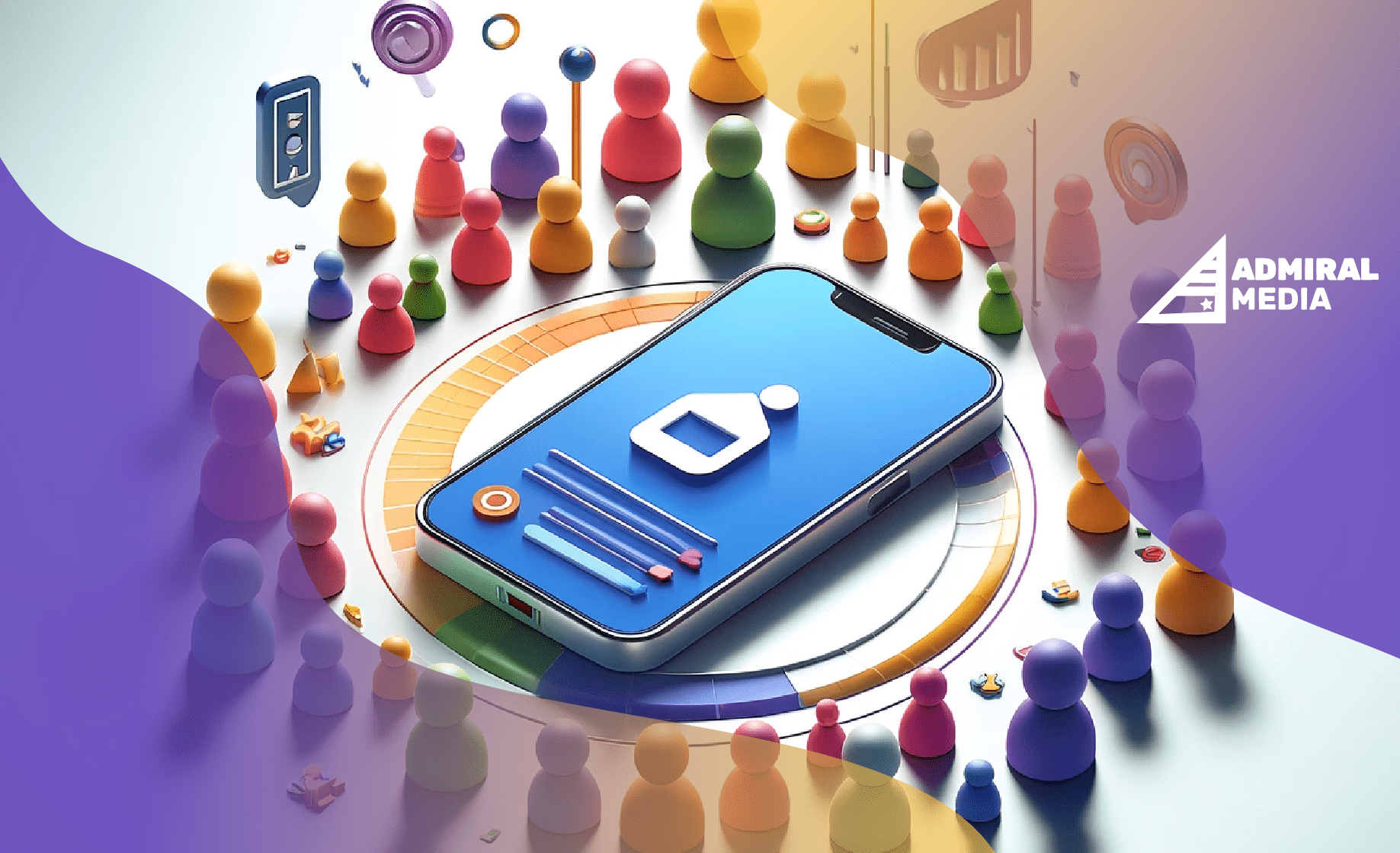In today’s app marketplace, being an app developer is not an easy task. Now more than ever, app developers have to face multiple challenges and obstacles in order to make their apps succeed. Statistics show that there are more than 5 million apps present in the Google Play Store and Apple App Store combined. The abundance of apps makes it hard for a new app to stand out and make its mark. On top of this, app development is not an easy task. It takes considerable time and effort on the developer’s part to make a proper functioning app of high quality. But despite their best efforts, there is a good chance that the end product might turn out to be a failure. But why do consumer apps fail? In hindsight, developing an app seems to be a surefire way of earning some money. After all, we are living in an age of technology. Nowadays, nearly everyone has a smartphone in their possession. People spend the majority of their time on their phones daily. Mobile apps have also become the go-to tools for carrying out certain tasks. Whether it’s ordering food online or purchasing things of need, ordering a ride, or listening to music, there is an app for everything. Despite the abundance of smartphone users, 99.5% of consumer apps end up being failures. While persuading users to download your app has its challenges, convincing them to keep utilizing your app is the biggest hurdle to its success. Statistics show that 25% of users abandon an app after using it for the first time. On the other hand, 71% of users uninstall an app after approximately three months of use. Most apps fail to engage their customers in the long run and are abandoned as a result. This article will look at some of the reasons behind these failures and what is required for an app to succeed in the long run.
Table of Contents
Why do consumer apps fail?
The success or failure of an app depends upon multiple factors. The following factors can play a role if consumer apps fail:
1. Competition
The first major issue most apps face is the abundance of apps available in different app stores. Statistics show that nearly hundreds or even thousands of apps are added to an app store daily. The result is an over-saturated marketplace were establishing your app as a must-have product is extremely difficult. Any newly introduced app will face severe competition by default due to a number of apps already available. People also tend to stick to apps that are already well-known, as they are more reliable. Regardless of the platform you pick, your app will have to compete against thousands of others.
2. Failing to understand the target audience
Most mobile apps are pretty much doomed from the start because they make one fatal flaw during development: They fail to understand the needs of their target audience. Every app is developed with a certain demographic in mind. Music apps are targeted toward music lovers, while educational apps will be targeted toward students. Even then, certain apps are targeted toward people belonging to certain age groups, regions, etc. Carrying out user research should be the number one priority for any app developer. A user-centered approach is the best approach to app design. An app must meet all the demands and needs of your target audience.
3. Monetization issues
The purpose of every business is to make money. The same thing goes for app development. If you are spending time, effort, and money to develop an app, you are hoping to make some profit from it. Most apps suffer due to their monetization woes. App development isn’t cheap. Even the development of a basic app can cost you up to $25,000. Add in the cost of running and maintaining your app, you might be looking at a pretty hefty bill. Deciding upon your monetization strategy is one of the most crucial aspects of app development. If your app doesn’t have a clear route to profitability, it will eventually collapse. You can charge people money for your app, but most people prefer apps that are free to download. Even with a freemium approach, you won’t make much profit until a large number of people download your app.
4. Choosing the wrong platform
The two most popular app platforms are Android and iOS. If you are developing an app, chances are you are gunning for one of these platforms. But there are several factors related to these platforms that could negatively affect your app’s performance. The development process for an Android app is different from an iOS application. You have to make sure that your intended audience uses your desired platform. For example, you may develop an iOS app exclusive to your region, but the majority of the users could turn out to have an Android smartphone. Also, consider the level of competition you are facing, i.e. almost 3 million apps are present on the iOS platform. Failure to consider these elements can lead to disastrous results.
5. Poor tech leading to bad performance
Nothing destroys an app’s reputation more than poor or bad performance. If your app is structured on subpar coding, the results will be unstable performance. Things like bugs, constant crashes, sloppy navigation, lack of important features like a search option, and slow loading times can ruin the user experience. As already stated, the app market is a very crowded place. You are only going to get one chance to make a good impression. Poor performance leads to poor reviews and ratings, which affects the app’s ranking in the app store. People also avoid apps with bad reviews, which causes the app to fade into obscurity.
6. Poor marketing
In today’s environment, mobile app marketing has become a necessary evil. Due to the severe competition, it has become extremely difficult to make your app stand out from others. App marketing is necessary to increase brand awareness and reach a bigger audience. Most apps fail due to either poor marketing or lack of one. How are users supposed to find your app when they don’t even know of its existence? There is a reason most developers begin a marketing campaign even before the app is launched. Lack of awareness could kill an app even before it has a chance to make its mark.
7. Lack of customer support
No app is perfect the first time around. This is why user feedback or a customer support system is highly important for the success of an app. Such systems allow you to constantly monitor the performance and public reception of your app. If users are complaining about a certain bug, introduce fixes to solve the problem. A lack of a customer support system leads to frustration on the user’s part, which leads to the abandonment of the app.
How to ensure your app’s success?
To ensure your app’s success, you have to make sure of the following things:
- Conduct market research: Conduct market research to understand the needs of your audience and to scope out your competition. Check what people want from your app so you can implement the required features. Also, study your competitor apps. What are their pros and cons? How can you make your app stand out from them?
- Development planning and budget management: Lay down a road map for the app development and set a release date. Make sure that the set deadlines are achievable. Also, determine your budget for the whole process. Poor planning can lead to project delays, which paints a bad image for the brand. Project delays can also lead to budget overruns, which causes further problems. Carefully study your project requirements and team capacity before moving forward with the development.
- Develop a marketing strategy: mobile app marketing is pretty much a necessity to increase brand awareness, reach a bigger audience and stand out from your competitors. It also helps you understand the needs of your customers to make some much-needed changes to your app. Begin your marketing strategy before your app is released. This will help you build an audience before your app is even out there. Use social media platforms, websites, advertisements, etc. to build your presence. At Admiral Media, we have a lot of experience with app marketing strategies and channels, we’re happy to talk to you about your apps’ needs.
- Implement a user feedback/customer support system: No app is perfect the first time around. Even some of the most popular apps keep introducing new features and changes. This is why a user feedback system is highly important for the success of an app. Such systems allow you to constantly monitor the performance and public reception of your app. If users are complaining about a certain bug, introduce fixes to solve the problem. If there is an increased demand for a certain feature, add it in a future update. A feedback system is also a great way of engaging with your customers and letting them know that their feedback is important.
- Choose the right monetization strategy: Make sure to pick the right monetization strategy to generate revenue. If your app has a wide appeal, then opting for a freemium approach may be the right choice. Money can then be earned from in-app purchases. Otherwise, you can choose other methods like subscriptions and in-app advertisements.
- Keep it engaging: User retention is one of the biggest problems most app developers face. Gaining a user is one thing, retaining that user is an entirely different story. That is why it is important to keep your app engaging. For example, if your app is a racing video game, then try introducing new content like new cars, new courses, soundtracks, etc. As long as your audience is there for your app, you will keep generating revenue.
Conclusion
The success of an app depends upon multiple factors like competition and poor marketing among others. It is necessary to do proper research before developing your app. Things like good performance, exciting features, and a high level of user engagement can help your app succeed in the long run.





